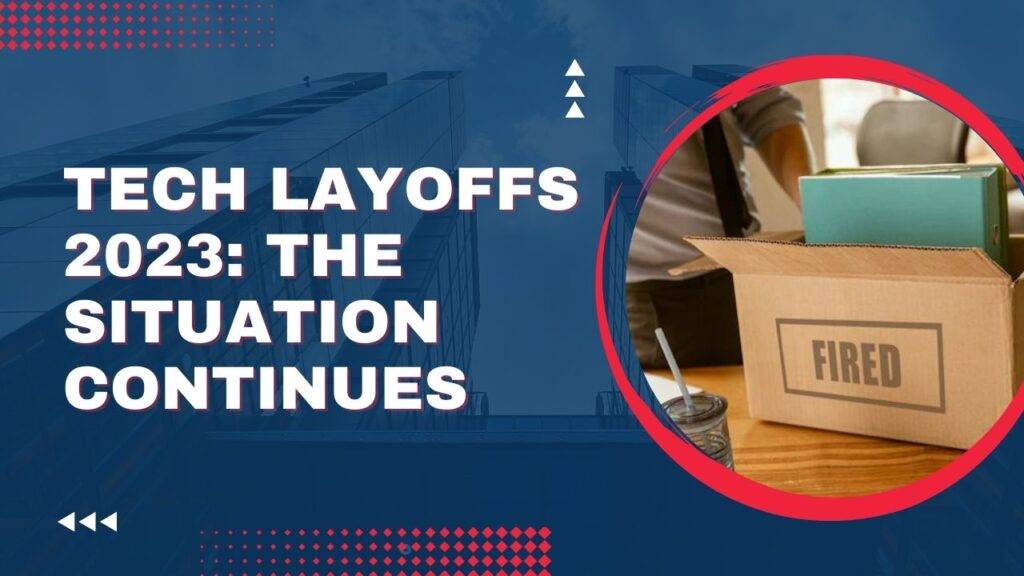OpenAI’s “Swarm” framework, an experimental tool for managing AI agent networks, has sparked significant discussions within the AI community. Swarm, despite not being a full-blown product, has revolutionized enterprise automation. It has garnered attention from AI ethicists due to its harnessed capabilities.
The multi-agent systems are no longer new in concept. However, Swarm is significant by making this kind of system accessible to a wider range of developers. Swarm is a type of template or a blueprint for the development of interconnected AI networks. They can communicate, cooperate, and then solve complex tasks independently. Businesses can therefore design specific AI agents to serve a multitude of departments while working in sync.
Imagine a company that employs an inspiration system, like the Swarm. Specialized AI agents will monitor market trends, customize marketing campaigns, identify high-sales prospects, and provide excellent customer service with minimal human intervention. The possibilities for such automation can dramatically change business as it is. AI agents can free up human employees from mundane tasks that keep them away from more strategic work: innovation and relationship building. The shift in work nature raises significant questions about the definition of “human work” in an increasingly automated environment.
Ethical Considerations: Navigating The Minefield Of Security, Bias, And Job Displacement
The release of OpenAI’s Swarm has renewed discussions about ethical considerations where highly advanced AI systems are concerned. Security experts emphasize the necessity of robust protections against potential malicious use or unintentional failure of networked agents.
Yet another arising concern is bias in the decision-making by AI. Decisions made by such networks could have a very pervasive influence on individuals and the larger society. Ensuring fairness and eliminating potential biases within the algorithms that comprise these agents is of utmost importance.
One of the most grievous concerns about superintelligent AI is job devaluation. OpenAI’s Swarm will add new kinds of jobs to society. However, it may also hasten the automation rate of even white-collar jobs at an accelerating rate. So, it’s up to businesses and policymakers to decide what balance should be drawn between technological progress and workforce sustainability.
Beyond The Prototype: Exploring Swarm’s Potential
Although OpenAI’s Swarm is an experimental framework, developers have already begun to experiment with it. An open-source project known as “OpenAI Agent Swarm Project: Hierarchical Autonomous Agent Swarms (HOS)” has been initiated. This project gives insight into how Swarm can be used. It describes a hierarchy of AI agents assigned different tasks and duties within Swarm. The project is fascinating in its design to provide a glimpse into the future. However, it also heightens the challenges involved in building robust governance structures for such AI systems.
OpenAI’s Cautionary Note: A Catalyst For Forward-Thinking
OpenAI is not at all shy about what Swarm is and isn’t. OpenAI researcher Shyamal Anadkat took to Twitter to drive the point home: “Swarm is not an official OpenAI product. Think of it more like a cookbook. It’s experimental code for building simple agents. It’s not meant for production and won’t be maintained by us.” It is a friendly reminder that multi-agent AI development is still in its infancy.
However, OpenAI’s Swarm is so much more than a completed product. It forms an amazingly useful framework for imagining future AI ecosystems. It forms a concrete example of how multi-agent systems may be structured, so developers and businesses can imagine what’s possible in the realm of AI collaboration.
For businesses, OpenAI’s Swarm is a wake-up call. It is not quite there yet but certainly points to the direction in which AI is headed. Organizations that start exploring these ideas now, weighing their pros and cons, will be better equipped to adapt when the technology matures.
The Need For Collaboration: Building A Socially Responsible Future Of AI
Swarm has launched with the certainty of a need for interdisciplinary collaboration between technologists, ethicists, policymakers, and business leaders. This will shape the intricate landscape of advanced AI.
Exploring the future of AI increasingly, AI conversations will be about interconnected systems like those envisioned by OpenAI’s Swarm. This framework provides a valuable overview of the future challenges and questions that businesses and society will face in the coming years. Here’s to building for all of us an AI future that serves to augment and empower humanity, not replace it.
The tech world breathlessly waits to see how developers will advance the ideas developed in OpenAI’s Swarm. OpenAI and other top AI companies are closely scrutinized for their approach to guiding the development of transformative technology.



